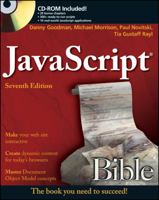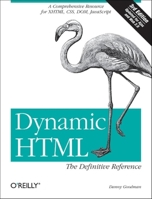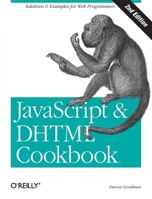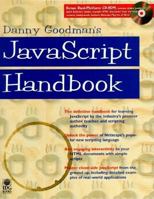The Wicca Book Of Days: Legend and Lore for Every Day of the Year (Library of the Mystic Arts)
Select Format
Select Condition 
You Might Also Enjoy
Book Overview
Researched and compiled by contemporary Wiccan expert and practicing witch Gerina Dunwich, this day-by-day calendar commemorates the pagan festivals and feasts, birthdays, and major events in Wiccan history, legend, and lore. Entries include the Roman festival of Carmentalia on January 11th, Whitsunday on June 4th, and the Chinese Festival of Hungry Ghosts on August 18th. Highlighting Eastern, Western, and Native American holidays, feasts, and celebrations, The Wicca Book of Days is essential both as a Witch's calendar and as a highly browsable history of pagan culture and folklore from ancient times to the present. This description may be from another edition of this product.
Format:Paperback
Language:English
ISBN:0806516852
ISBN13:9780806516851
Release Date:April 2001
Publisher:Citadel
Length:168 Pages
Weight:0.50 lbs.
Dimensions:8.5" x 0.8" x 5.0"
More by Danny Goodman
Customer Reviews
19 customer ratings | 6 reviews
There are currently no reviews. Be the first to review this work.
































































